Gravity's Rainbow - Part 3 - Chapter 3: The Deathward March
Analysis of Gravity's Rainbow, Part 3 - Chapter 3: Enzian and Ombindi in the Erdschweinhöhle, Enzian's Past, the Goals of the Schwarzkommando
The rocket has achieved Godhood to many. Data and quality research may provide us with numbers — as Steve Edelman, who will briefly reappear near the end of the novel, catalogs — but it is the rocket’s holy essence which will give us a more accurate account of what it needs. The rocket has a spirit of sorts, speaking above the scientific world from a realm we cannot see.
The real Schwarzkommando1 — those who the White Visitation were shocked to discover the existence of, given they themselves believed they created this group as a fake distraction — live “In the mountains around Nordhausen and Bleicheröde,” (315) the latter being just outside the former to the east. The Schwarzkommando are an African people, the Hereros, brought out of Südwest Africa after Germany committed genocide against them in the first decade of the 20th century.2 The Schwarzkommando were no longer just Hereros — they are Zone-Hereros, a group transformed by the hell of WWII and the wiping clean of Germany as it became the Zone. They were wiped clean of their heritage, their home, even their color, for the word Black, or Schwarz, has now been applied to everything — Schwarzkommando, Schwarzgerät, Schwarzvater (3.1), Schwarznabe (3.1), — much of which has no connection to the color black. Their heritage was wiped as they were brought to Germany, experimented on, exposed to highly German cultural events and values, enslaved to the same people who experimented on them and exposed them. But to themselves, they are not known as the Schwarzkommando; they are the Erdschweinhöhle, the Earth Pig Hole. The Earth Pig, to them, is the aardvark. It was “the totem animal” of the poorest Herero group in Südwest Africa, the Ovatjimba, and now that the Zone Hereros hold no essence of their former self, they have become this group walking down in the caves of Germany, digging “their food from the earth” (315). We see the Erdschweinhöhle as Südwest’s “symbol of fertility and life,” with Earth’s “pressure […] against her belly,” the “ghosts of her four stillborn children, […] Earth’s gift for genesis” (316). Yet this name, here in Germany, does not hold such significance. They have taken the name out of irony — a pig worshipped by the poorest of the poor, those who scavenge for scrap. Most of this new Erdschweinhöhle even opted for the antithesis of fertility: sterility, death, political struggle, miscarriage. And the leader of this group is Oberst Enzian, the man Slothrop met on the train who threw Major Marvy right off the side, going by a new title as well, Nguarorerue — “‘one who has been proven’” (316).
Enzian, or Nguarorerue, the same Gentian boy named by Blicero, is also known “as Otyikondo, the Half-breed” (316). Enzian had a European father, arriving before the Germans did in Südwest Africa, impregnating a Herero woman who thus gave birth to him. Now he is here, in Germany, the world of his captor, Blicero. It is a world that has led to the forced removal of cultural practices or beliefs such as eanda and oruzo. Though, one practice that still remained was the untying of the birth-knot: a strip of leather was untied upon the birth of a Herero which, if they committed an act such as dying, the leaving of a tribe, or the conversion to another religion, would be untied in a symbol of judgement. The Zone Hereros, some of whom are known as the Empty Ones, carried these strips of leather, already untied, for they believed themselves to be the Otukungurua. The word -kungurua being that symbol for and empty vessel, an Empty One. However, the prefix for this would typically be Oma- rather than Otu-, the former signifying the living entity that the empty vessel represented as opposed to “the inanimate and the rising” (316) and the dead. For, the Otukungurua, the Empty Ones, are here to commit a mass suicide. Their belief is that within the realm of the dead, they can enact the true form of revenge against the Germans who have left them empty and dead, and that they can escape their own present suffering by doing so.
Decades ago, back in Südwest Africa, before this outright desire for literal suicide, the Herero birth rate began to drastically fall, giving the Europeans something to worry about. For, “What’s a colony without it's dusky natives?” (317). When a world is taken from right under these natives’ feet, the purpose is not entirely to acquire new land for colonization, but for use as a playground as well. A Marxist analysis of this situation would be similar to a Marxist analysis of a piece of literature: it would touch on many true and important points but would be ignoring many of the more unspoken reasons beneath. Yes, there will be resources and slaves or cheap labor to be gained and exploited, new land to live on and cultivate; but it is also the white man’s playground — a place to conduct oneself in a way unfit for their own land. Where they can “let [their] pants down and relax, enjoy the smell of [their] own shit” (317). They can indulge in pure pleasure, rape the land and people, consume beyond the acceptable limit, and never once worry about losing face among one’s people or defacing the cultural icons of one’s own land. Perhaps God will even turn a blind eye. Here, in the colonized land. . . here is where one can really indulge.
The Europeans initially attributed this declining birth rate to eugenic ideology created under the guise of Darwinian theory — that the only reason is their desire for future generations not to suffer. Yet they don’t account for the spiritual beliefs they may hold — the retribution they may wish to enact on one not just in the natural world, but in the afterlife as well. The Germans and Europeans have already taken their lives, rendering them empty in spirit, so what is it but to die again if it gives one a deeper connection to one’s tribe. The Empty Ones, the Otukungurua, have found a connection with this past generation of Hereros. Though, keep in mind, while all Otukungurua/Empty Ones are Erdschweinhöhlers, not all Erdschweinhöhlers are Otukungurua. Only some of these Zone Hereros believe in the ideal of a mass tribal suicide, thus leaving the Erdschweinhöhlers divided in goal.
The Schwarzkommando, under Enzian, have begun to develop a rocket of their own, but Enzian does not necessarily approve of The Empty One’s goal with said rocket. The Empty Ones desire it for mass suicide — surpassing the goals of that poor group of Hereros, the Ovatjimba, who simply wanted to end the line of further suffering, not the eradication of the self. What Enzian wants though is something beyond this modern view of time. He believes that the Empty Ones, led by Josef Ombindi, have succumbed to the mindset of the war state, viewing everything as a series of linear steps through life and toward death, leaving behind the idea of a Center, “where every departure is a return to the same place, the only place” (319). This place, the Center that is being left behind, is similar to the Western languages being brought to the native people whose language was so often metaphorically based as opposed to literally (which we’ll see more of in 3.5). Except now, life and death are looked at in this Western manner. Enzian’s desire to return to this Eternal Center is to return to that dividing line, the Zero, as opposed to focusing on either side of it. In short, to return to the world they had once lived in — a world not run by hours, minutes, seconds, microseconds, so on — and away from the rocket’s never ending parabolic cycle — a death recurring.
Ombindi continues his attempt to convince Enzian that a more purposeful and direct mass suicide is necessary when, suddenly, he sees Enzian becoming erect, and thus reminds Enzian of his tribal past, calling Blicero to mind. Ombindi does not necessarily see the bringing of Christianity as a disease, like many of the Herero, such as Enzian, do. He does not even believe that the spread has infected them, while to most, the spread of Christianity was viewed as a mere precursor, or stated prerogative, of colonization as a whole. It was the stated goal, but as we know, the goal is mainly to find another playground where the European can act as an animal without losing face. This is not to say that Ombindi has evil intentions. He is merely one of the Schwarzkommando who has fallen into the European mindset; he is bound to linear time. So, despite his desire to reenact a form of death that was historically built into his people in times of genocide and oppression, the Christian view has warped the methods, taking, again, the desire to eradicate future suffering and translating it to mean the eradication of his people as a whole. His idea of non-Christianity is that of Tibet, a country which appears as the “free and neutral territory” (321) away from the oppressive Christian world. Yet, in reality, it is like falsely neutral Switzerland during times of conflict. It holds its own unique vibration on which those more secular people can look at and pretend that the humming they hear is removed from the natural Western mindset. However, like Switzerland, every Western truth is still held deeply, albeit more secretly, in its core.
Through the realization that this Erdschweinhöhle may itself be a trap of a similar sort, one that he has been blinded by, Enzian recalls the creation stories of his people. However, he can now only see them in relation to Christianity. He sees the Omumborombanga: the Herero Tree of Life, perhaps with some Kabbalistic subtext, and sees an apple, as well. He sees Mukuru, a spiritual Herero figure, who he now sees in comparison to Adam. He sees the story of the sunset battles and sun rebirths, and while this one is not washed away by Christian doctrine, it is Christianity that has set them below these mountains, unable any longer to see this story play out. They only have the godless dark to ponder in godless Nordhausen — “Nordhausen means dwellings in the north” and “North is death’s region” (322): the only place the rocket could be borne out of. This brings further Herero myths to Enzian’s mind: that of the “sly hare who nests in the Moon [who] brought death among men, instead of the Moon’s true message” (322). He believes that one day, seeking the moon ourselves under a guise of exploration, wonder, beauty, and all the other aspects of life which we could have sought it for, will instead be sought for purposes along the lines of the Rocket.
If Nordhausen, this realm of death, were not symbolic enough, the Schwarzkommando were also right alongside the town of Bleicheröde. The town, to Enzian, sounded close to “‘Blicker’ the nickname the early Germans gave to death” which “was later Latinized to ‘Dominus Blicero3’” (322). Weissmann, Enzian’s captor in Südwest — the man who now possesses Gottfried, and who once possessed Katje, as his new slave — took this Latinized name while he was in the SS. He became who we now know as Blicero.
How, though, did Enzian receive his name, his life? He was born in an area known as the Kakau Veld — the same land where the Ovatjimba lived. He was born to his Herero mother and a Russian sailor. Enzian was thus born into poverty — the poorest region of his land — and of a man who reached these lands, conceived Enzian, and left. Enzian, half-Herero and half-Russian, was born to a mother whose land was a victim of this colonization. Her land was not taken by the Russians, but they were barely coming off of the initial stages of the Germans committing genocide against the Herero people, so the Russians were there to extract some resources (more on that in 3.5). She was left alone to give birth to Enzian, made a trek across barren deserts, and passed away. The Ovatjimba found him, cared for him, and “brought him back to the place he’d left” (323). Yet, that place he’d left was largely abandoned when he returned, sixty percent of the population being slaughtered in the Herero genocide, many being shuffled off to build railways for the Germans. Enzian’s memory begins in “a white-occupied world” (323) where death was plentiful and where the gods no longer existed. He lost his belief due to his inability to fathom that an omnipotent and omniscient god could exist in a world where this atrocity had occurred, and likely was riddled with guilt for not being there when his tribe was senselessly slaughtered. Weissmann, now Blicero, believed he specifically was the one who caused this loss in religious belief, perhaps desiring the guilt that would come with said action. He needed to feel something, for even someone as wholly evil as he is, realizes the depths of their depravity, and maybe the realization of guilt will lead to some appeasement of this understanding. Though, of course, he places his guilt upon that of Christian values as opposed to the genocide he helped commit.
After Enzian had grown some, he and Weissmann came to Germany. Time passed and the “Last time they spoke was during the move from Peenemünde down here to the Mittelwerke” (323-324) — from the site of initial V-2 development to the site of slave driven manufacturing. And as more years past, decades moving through multiple world wars, Enzian believes that Weissmann must be dead. He cannot fathom why Weissmann would have wanted to survive such a war. There was not the typical lust for wealth and comfort — no. Weissmann was more than that. He wanted the feeling of pure control and power over the common man. There were no grand self-interests, just pure darkness with which he needed to cover himself with like a layer of oil.
But before the present — before the time in which Enzian lived in the Erdschweinhöhle and believed that Weissmann was dead — Enzian discovered that love “had to do with masculine technologies, with contracts, with winning and losing” (324). Love was breaking free of the feminine natural world, out of any sort of connection with the Earth or spiritual connection with Man or the Beyond. Love now resides in the masculine and phallic nature of the Rocket — an object that possesses incredible power and control over all who are subjected to it. This is what guides Weissmann, and what Enzian realizes is Their manifesto.
Weissmann, and all like him, attempted to bring their underlings, their slaves, to understand and believe in “these manly pursuits” (324) — put religion, god and gods, to the wayside, and find satisfaction in taking men and turning them into tools, into commodities, covering them in “sweat and dust [that would] lay on their bodies as they lengthened the Autobahns day into ringing day” (325) and in taking women, subjecting them, treating them as cattle. But how does one fall for, or believe in, such a malicious mindset? Weissman nearly trained Enzian into believing he himself was Christ. If God was gone, if Ndjambi Karunga had abandoned the Herero people, then someone had to take his place. Weissmann brought this aura of power back to Earth in an entirely new way. Enzian, seeing him, immediately “knew, in the instant, [that he] must be Jesus Christ” (325).
In The Zone, in the Erdschweinhöhle, a man named Andreas Orukambe sits by a radio transmitter, communicating in Herero and technical German. He, on first watch, and many other than him, are listening to the various groups waiting “to move in and destroy [the Schwarzkommando] without a trace” (326). But these groups — whether they be the Americans, the English, or any Axis powers — cannot simply wipe the Schwarzkommando out immediately with little to no pretext. At least that is what Enzian believes. He “believes they will wait for the first African rocket to be fully assembled and ready for firing,” (326) that way there will be reason to fall back on when accused of any further genocide just after another has been apparently liberated and will show that whoever did the killing made the right move.
And it really is the Americans, the English, the Germans — the Axes and Allies — for “they seem no longer to be Allies” (326). There is little to no distinction between winner and loser on a grander scale. Yes, certain groups have won, some have lost. But it does not matter for those lowly civilians. The Preterite districts on Roger Mexico’s map of random distribution in London is up in flames, destroyed. German cities and Jewish populations have been bloodied and genocided. American soldiers have been lied to and have died for ulterior motives. Japan, though not yet in the present time of the novel, will suffer the epitome of synthesized hell. Nothing is as it seems. No higher up has any moral or loyal convictions.
Nothing — the god that Enzian believes in. He sees only processes that he wishes no longer to be a part of. He works along these processes, believing that he has the power to affect their outcomes or at least send them drifting in that general direction of change — “But it is their time, their space,” (326) their processes which have been set in motion with precise programming that cannot be altered by someone at such a lowly rank as Enzian or any of the Schwarzkommando. Enzian may be a leader. He holds the Schwarzkommando’s goals and desires in his heart (though Ombindi may believe Enzian seeks these goals through the wrong means, and vice versa), but who is to say that his spoken ideals, the processes which he is creating, are not “lines prepared somewhere far away” (327) by people so high in power that They cannot be touched, let alone seen, by him? Who is to say that he is not, like Slothrop pre-Zone, Their puppet, ready to be snuffed out when he takes things a fraction too far? This may just be a mere fabricated rebellion to give incentive to the higher powers to extinguish other more threatening rebellions. Extinguish them, or evacuate them, toward the regions in the North, the regions of death — Nordhausen.
Since the end of the European front of the war, German citizens and foreigners within Germany have had many a feud. The most complex of feuds laid between the German citizens and the Schwarzkommando, for the Germans knew not how to handle them. They were nearly another threat entirely, bearing no resemblance to “displaced Poles, Czechs, Russians” (327) or any other groups who have been held captive here.
Finally, through the radio channels which Andreas Orukambe is listening to, they hear a call for help from a separate band of Zone Hereros in Hannover near the Volkswagen plant. Orukambe warns Enzian that it may simply be “the Russians, trying to draw [him] out,” (328) but Enzian decides it is his duty to go. The Russians, as Orukambe believes, could include Vaslav Tchitcherine, Geli Tripping’s Russian lover. And with that, all four Grail-seekers — Slothrop, Enzian, Tchitcherine, and Marvy — are tied together: Slothrop met Marvy, the jingoist American searching for rocket parts, on the train; Marvy, a threat to the natural world and all within it, was thrown off the train by Enzian; Slothrop found Geli Tripping, lover of Tchitcherine, and nearly fell in love with her as Tchitcherine once did; Slothrop was chased down by Marvy in the Mittelwerke due to being with Enzian on the train; and now, we discover, Enzian himself is Tchitcherine’s half-brother, born of the same Russian father who at one point came to Südwest to conceive Enzian before leaving. Enzian and Tchitcherine “are meant to come together” (329). They will eventually meet. Though for now, “Enzian is heading into the North,” (329) toward the land of the dead.
Up Next: Part 3, Chapter 4
Herero/Schwarzkommando Dictionary (there are lots of Herero terms and translations in this section that are important to note. They are presented in this footnote in alphabetical order. Some definitions may be slightly redundant since I explain above, but I think this will be a nice reference list. I can’t link all the words to bring you back down here, so just scroll if you need to find it again):
Eanda: A group of Herero who believe they descend from a matriarch.
The Empty Ones: A group of the Schwarzkommando who believe in mass suicide. Their spokesperson is Josef Ombindi. Enzian disapproves of this sect’s goal.
Erdschweinhöhle: Trans. (Earth Pig Hole, or Aardvark Hole) — The Schwarzkommando’s name for themselves. Comes from the Ovatjimba’s worship of the Aardvark for being an animal that digs in the dirt like them.
Herero: An ethnic group of Africans living in Southwest (Südwest) Africa who were largely slaughtered by the Germans during an occupation in the very early 20th century.
Kakau Veld: A town in Südwest Africa which Enzian was born in and which the Ovatjimba also resided.
Nguarorerue: Trans. (One who has been proven) — Enzian’s nickname or title.
Ndjambi Karunga: A Herero God
Mukuru: A mythical/religious Herero figure who Enzian compares to Adam.
Omakungurua: Trans. (animate emptied container) — Similar to Otukungurua where -kungurua means emptied vessel. Different in that the prefix, Oma-, means animate rather than inanimate, alive rather than dead. This is the more “appropriate” or natural form of the word in the Herero language, but the Empty Ones have adapted the Otu- prefix to better symbolically represent their plight.
Omumborombanga: The Herero “Tree of Life.”
Oruzo: A group of Herero who believe they descend from a patriarch.
Otukungurua: Trans. (inanimate emptied container) — What the Empty One’s derive their name from. -kungurua means emptied vessel whereas the prefix signifies the already dead or inanimate nature of said vessel (as opposed to the prefix Oma-).
Otyikondo: Trans. (Half-breed) — Enzian’s other nickname given he is half-Herero and half- Russian.
Ovatjimba: The poorest group of Hereros (not Zone Hereros) whose totem animal was the aardvark.
Schwarzkommando: Trans. (Black Commando) — A group of Zone Hereros living near the Mittelwerke, between Nordhausen and Bleicheröde. They were originally thought to be a myth, created in a film (via Operation Blackwing) to place much of the war’s blame on. Turns out they’re real: out here creating their own rocket. This group is led by Oberst Enzian.
Zone Herero: Any of the Herero people (there are various groups) now residing within Germany after the war, in what is known as The Zone.
Again, this was a real event (the genocide of the Hereros, not the coming to Germany to form a Schwarzkommando) which Pynchon helped make common knowledge of with his debut novel V. (1963) and which Germany finally admitted to nearly 120 years later in 2021.
First seen on pg. 30 (1.5) as the realm of death which Carroll Eventyr entered to speak to Roland Feldspath — Feldspath being the man who later haunts Slothrop to teach him about the new complexity in methods of control (2.5).


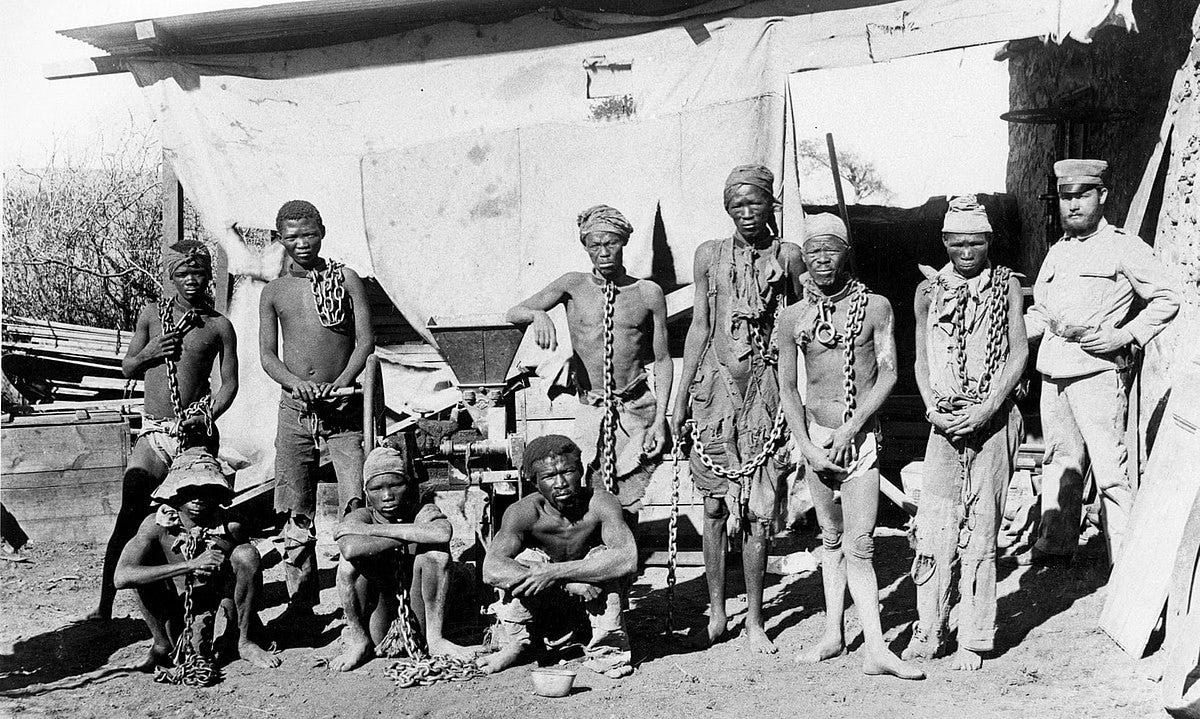
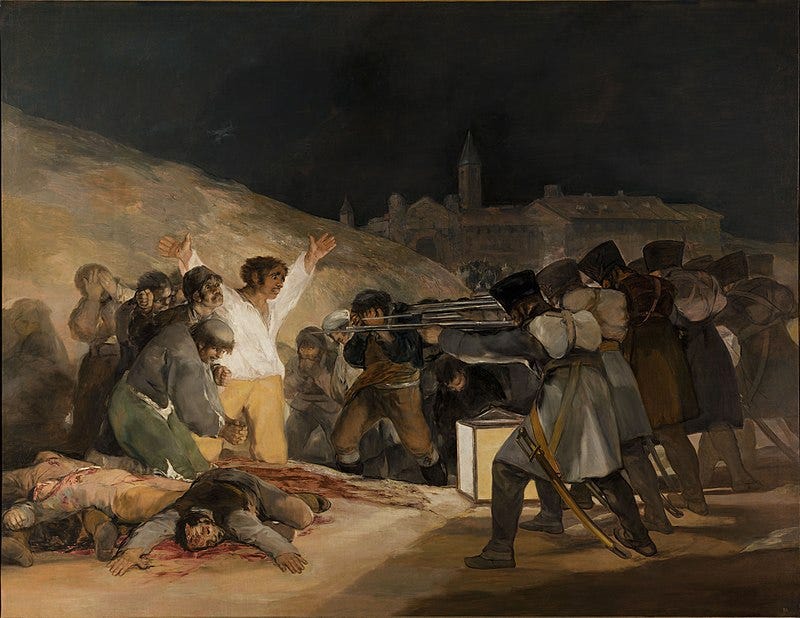
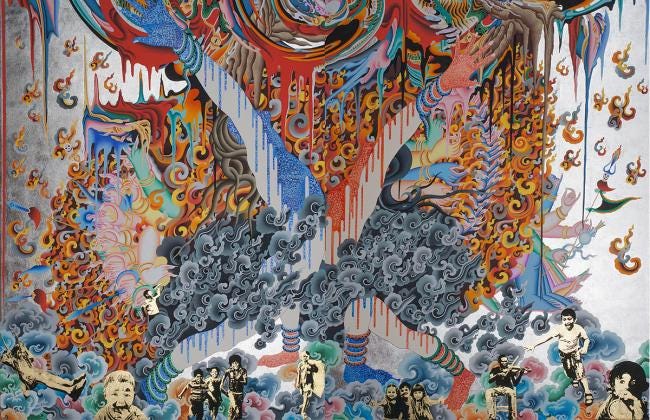
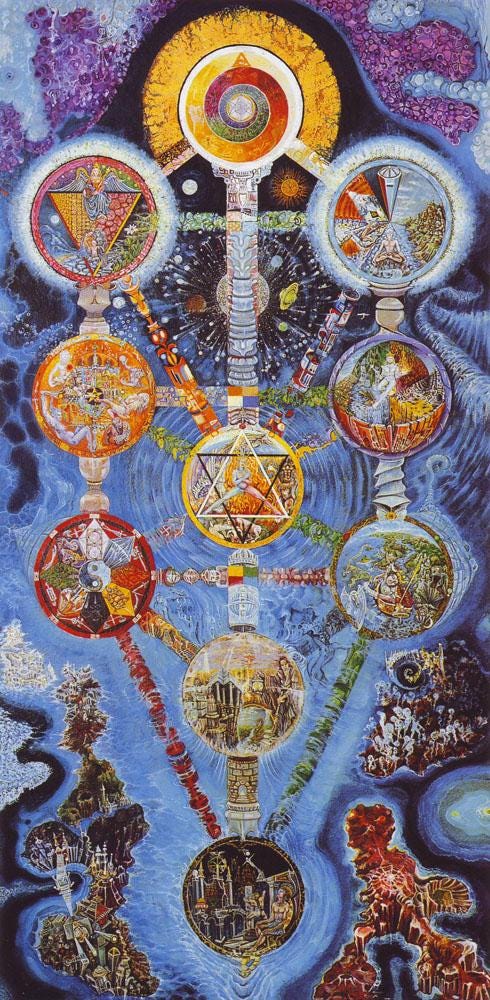
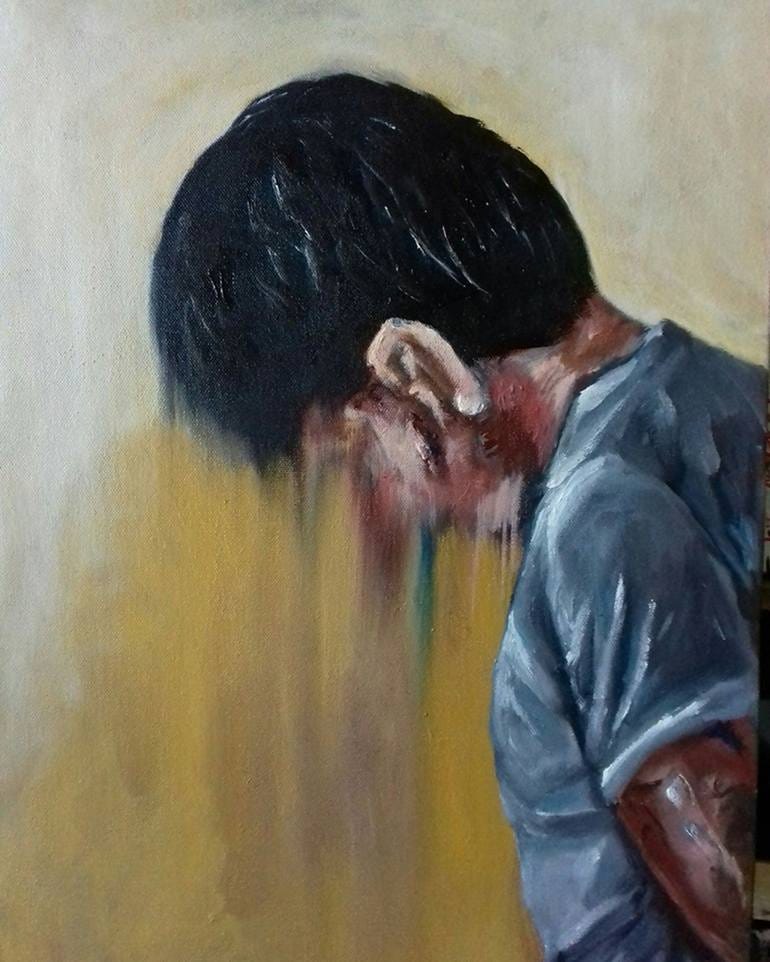

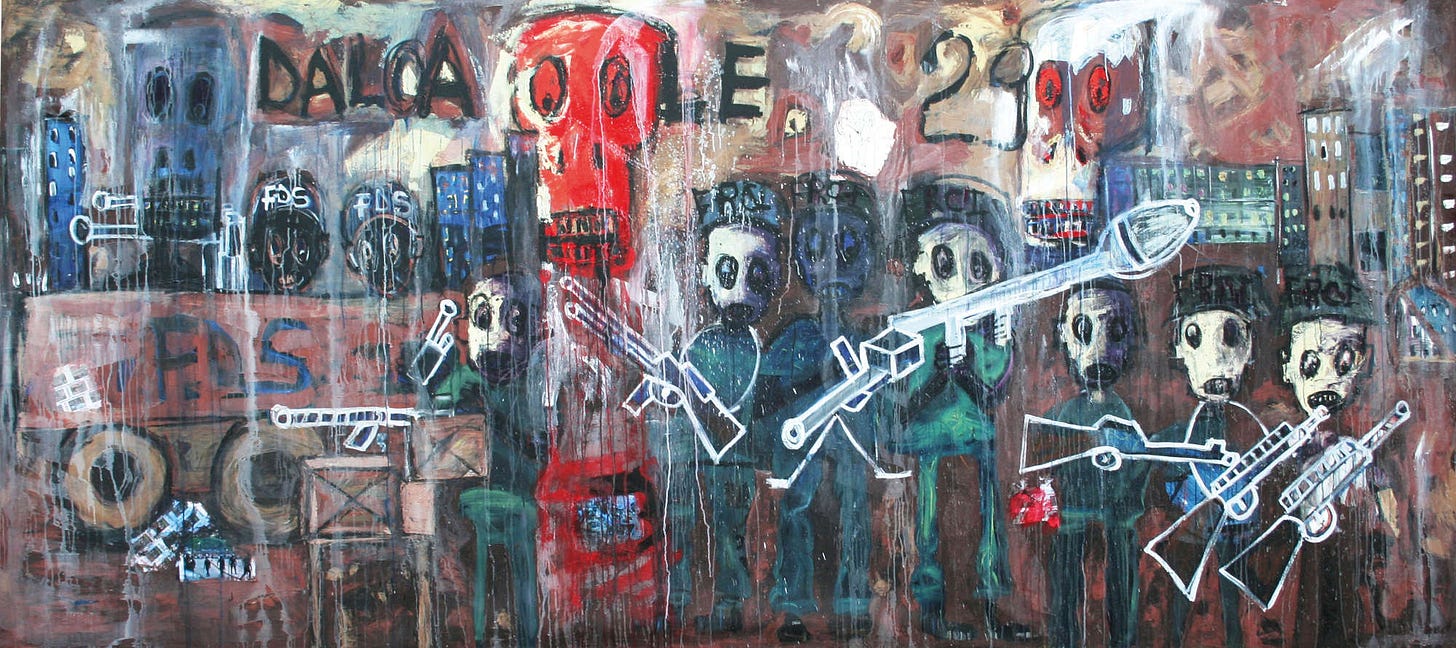
This is where I put down the book for a while. I really appreciate the Herero glossary here. the old Pynchon wiki has these entries:
eanda: "origin" (organized according to maternal rights)
oruzo: "derivation" (organized according to paternal rights)
No idea where they got that from. https://gravitys-rainbow.pynchonwiki.com/wiki/index.php?title=Herero_Translations
Enzian's top leutenants mentioned here are Christian and Mieczislav -- this hints to a much more heterogenous Otukungurura. he earlier mentioned that there were hereros who were converted by the missionaries, which explains Christian. Mieczislav is Polish, " and consists of two parts: miecz "sword", and sław "glory, famous". (Wikipedia). The Polish Schwarzkommando. Makes sense to me given the time and place we're talking about, here.
"the name, Enzian, a sound for chanting." Interesting.
Samuel Maherero is the name of the key political figure of the Herero story, you can read his article on Wikipedia -- the history of his revolt follows the same pattern we are seeing today with regards to what the Zionists are doing in Palestine: his initial revolt was successful, but then the German colonials used it as the impetus to start a wholesale genocide of the people. After Maherero's initial military defeat, well quote wikipedia: "Herero forces were defeated by colonial forces using breech-loading artillery and 14 Maxim belt-fed machine guns at the Battle of Waterberg on August 11, 1904, and the remaining Hereros (including women, children, and the elderly) were driven into the deserts of the Omaheke Region. Tens of thousands of the Herero died of thirst, starvation, or disease. Those who attempted surrender were shot. After the extermination order was countermanded by Berlin, captured survivors were sent to a concentration camp at Shark Island. Maharero succeeded in leading around 1000 of his people to the British Bechuanaland Protectorate (today Botswana). He remained leader of the exiled Herero, and became an important vassal of Sekgathôlê a Letsholathêbê, a chief in northern Bechuanaland."
Incredibly based historical figure -- in naming him in the text, Pynchon is citing one of the people who inspired Enzian and his whole story.
Rinderpest.
Burgerlichkeit = middle class mentality/culture
Half way through and life calls... i may make a second post on this one... I know you're almost done; I'll catch up some day. Slowly for me, no rush. but I'll likely keep commenting as I go...